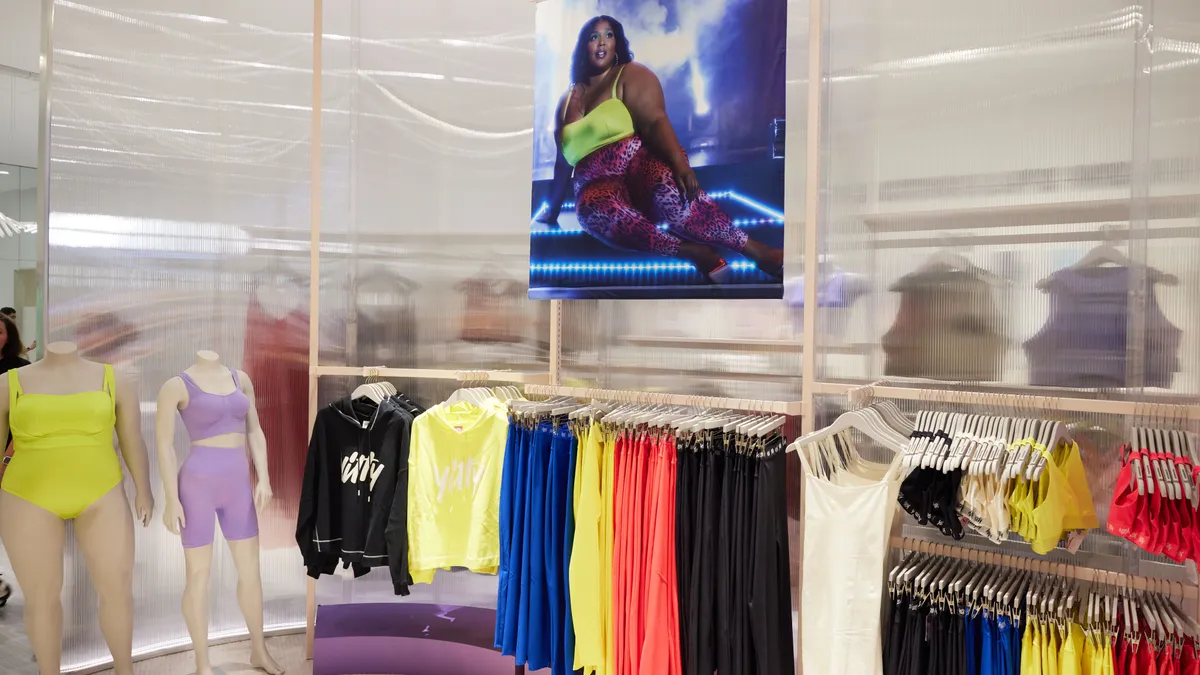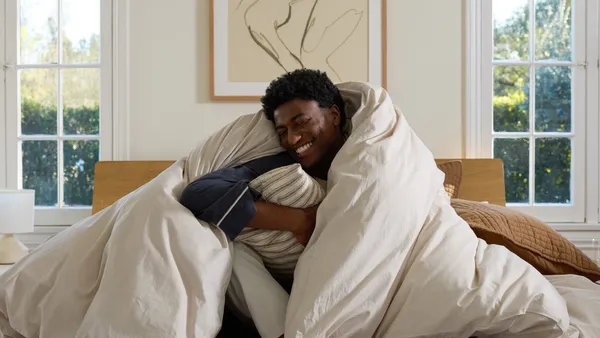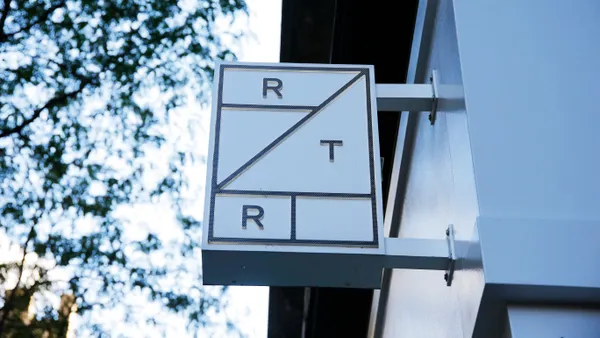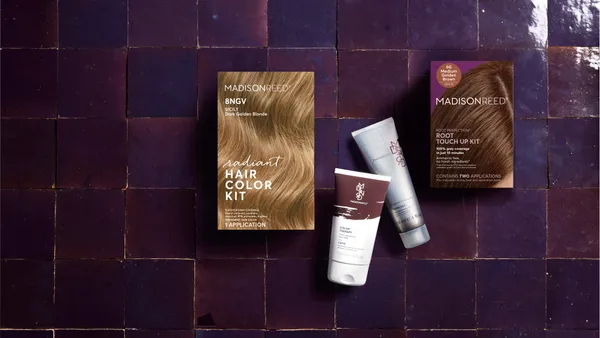Dive Brief:
- Expanding its program, the shapewear brand Yitty — created by artist Lizzo and Fabletics — is partnering with ThredUp to allow customers to purchase secondhand Yitty products directly on its website, according to a company press release Thursday.
- Fabletics is adding Yitty to its existing program with ThredUp, which launched in July 2021 and allows customers resell items for store credit.
- Customers can use ThredUp’s Clean Out program to send in gently used products from any brand in exchange for Fabletics and Yitty shopping credit that can be used online or in stores.
Dive Insight:
Over the past two years, Fabletics has steadily increased its secondhand options for shoppers.
“Fabletics is an excellent example of a brand which started with a Clean Out program that resonated well with customers,” James Reinhart, CEO of ThredUp, said in a statement. “Now, they are expanding their program allowing customers to both trade in and purchase secondhand clothing directly. We're proud to help Fabletics grow their program as they double down on resale.”
Lizzo’s shapewear line launched in April 2022 and offers sizing from XS to 6X. A sister brand to Fabletics, Yitty is focused on creating products that cater to all body types. Earlier this month, the brand launched the gender-affirming Your Skin by Yitty shapewear label.
As Fabletics sets out on expanding its store footprint, it also opened its first Yitty shop-in-shop in July at a Fabletics location in Fashion Place Mall in Murray, Utah. The Yitty shop takes up around 300 square feet or 10% of the total store area.
Yitty’s resale announcement comes just a few days before Earth Day on April 22.
“We are excited to extend our partnership with ThredUp and give a second life to Fabletics and Yitty products,” Fabletics CEO Adam Goldenberg said in a statement. “Resale is important to our business model and directly benefits our community, ongoing sustainability goals and the environment.”
But whether or not secondhand clothing can truly help the environment is more complicated than it seems.
While the secondhand market is estimated by ThredUp and GlobalData to reach $350 billion globally by 2027, the benefit to the planet may be too late to resolve the detrimental impact fashion has had on it. How much used apparel can actually be resold is an important factor.
“We thought a lot of this stuff would be resellable, and it’s not. It’s just not to the level of quality that anybody would agree to buy, at least not at the price point that works in the market,” ReCircled CEO Scott Kuhlman told Retail Dive. “And if you look at it environmentally, how does it make sense for you to ship a used sweater?”














